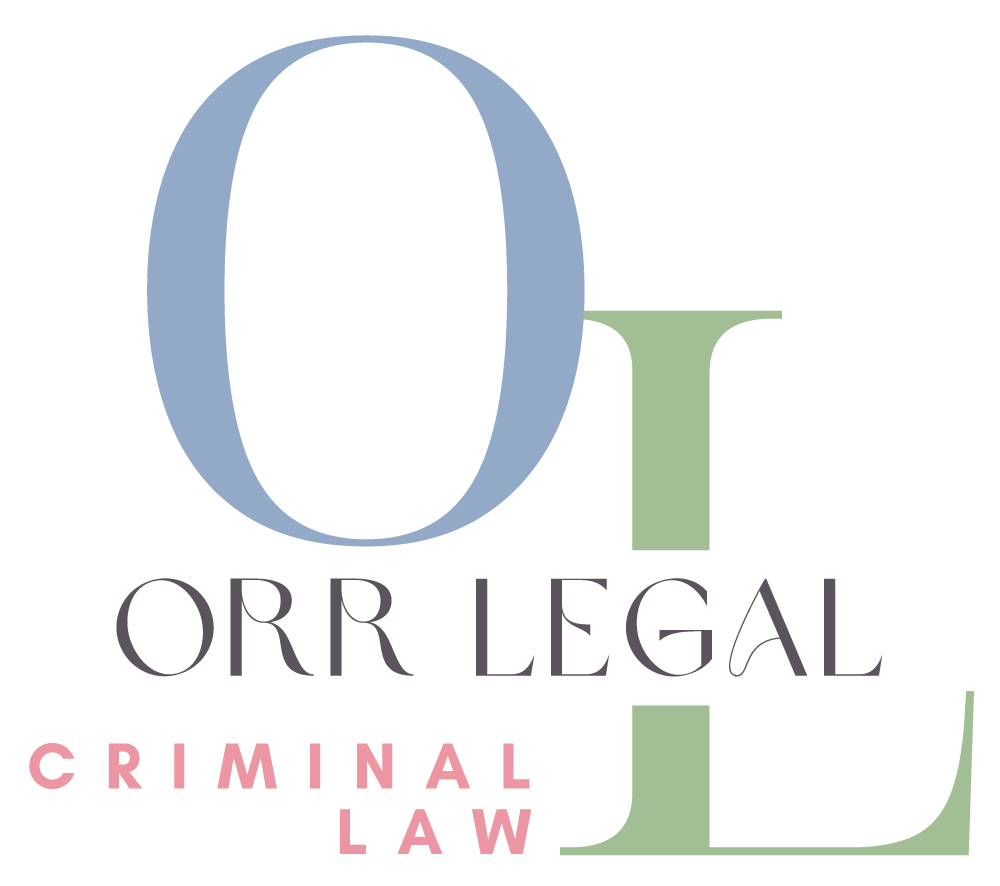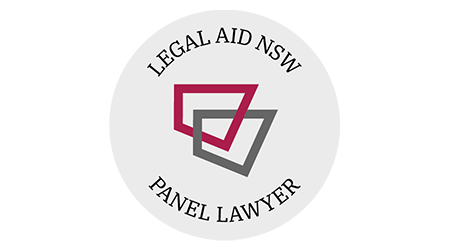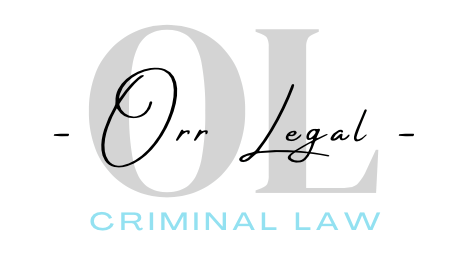Driving under the influence (DUI) is a serious offence that carries significant penalties in New South Wales. In this blog post, we’ll cover the basics of high-range DUI and explain its associated consequences.
What is High-Range DUI?
High-range DUI applies when drivers have an alcohol concentration of 0.15 or more in their blood or breath. It is also considered to be an aggravated form of driving under the influence if the driver has been previously convicted of DUI within five years before being found guilty of high-range DUI.
Consequences of High-Range DUI
Drivers who are convicted of high-range DUI can expect to face a range of penalties depending on their case and criminal history. These penalties may include:
- Suspension or cancellation of driver’s license;
- Fines and court costs;
- Probation;
- Mandatory alcohol education classes;
- Community service; and
In addition to these legal consequences, serious personal impacts can result from a conviction for high-range DUI. These may include damage to one’s reputation, difficulty finding employment, higher insurance premiums, problems obtaining loans from banks, and other long-term challenges.
A Proven Defence Strategy
High-range DUIs are very serious offences with severe consequences in New South Wales. If you have been charged with high-range DUI, it is important that you understand what this charge entails and how best to defend yourself in court proceedings. Seek legal advice from Nichole Orr as soon as possible so that she can begin developing an effective strategy designed to protect your rights and interests throughout this process.
If you have been charged with high-range DUI, it is essential that you contact Nichole Orr from Orr Legal for legal advice as soon as possible. A skilled and proven solicitor, she will be able to evaluate your case and develop an effective strategy in advocating for you to get the best possible outcome. With experienced legal representation on your side, you may be able to achieve a more favourable outcome than if you were to go it alone in court proceedings.










Leave A Comment
You must be logged in to post a comment.